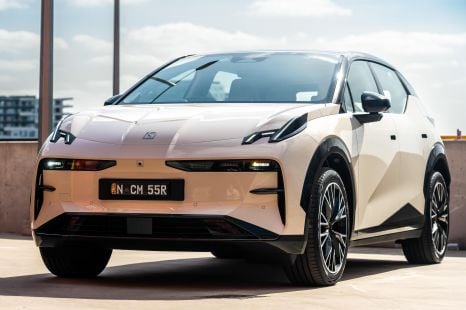

James Wong
7.9
5 Days Ago
Toyota already has hydrogen combustion HiAce prototypes in Australia, but the powertrain tech won't be more common until next decade.

Contributor
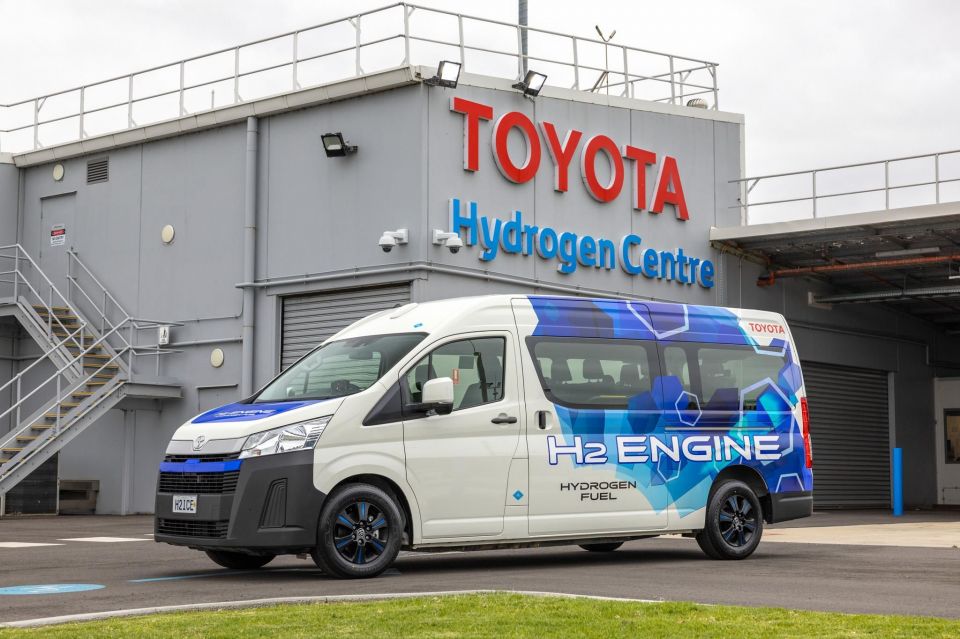

Contributor
Toyota is one of the few brands still investing in hydrogen internal combustion engine (ICE) technology, and it says it remains a firm part of its ‘multi-pathway’ solution to automotive decarbonisation.
The Japanese carmaker has been developing hydrogen ICE technology alongside hydrogen fuel-cell (FCEV) technology for a while now. The former incorporates a traditional combustion engine that makes sounds, unlike FCEVs which are silent like a battery-electric vehicle (EV).
To date, Toyota has been trialing the powertrain technology through motorsport, though it has also shown off a few road-going prototypes. However, at this stage there have been no production models offered to the public with a hydrogen combustion powertrain.
Asked whether Toyota is still pursuing hydrogen combustion engine tech, Toyota Australia vice president of sales, marketing and franchise operations Sean Hanley told CarExpert it will become more relevant as a mainstream powertrain technology later next decade.
100s of new car deals are available through CarExpert right now. Get the experts on your side and score a great deal. Browse now.
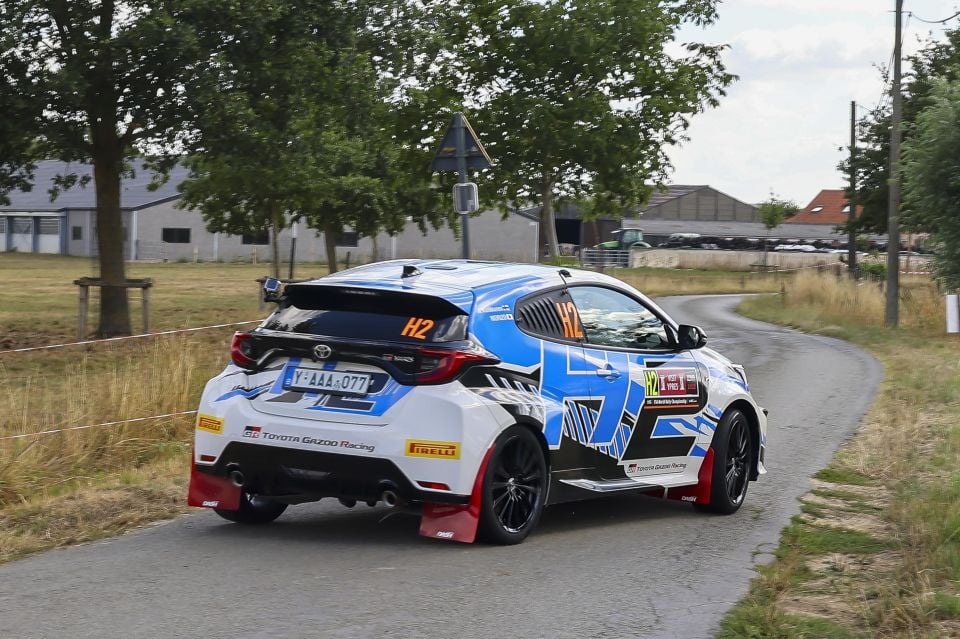
“[Hydrogen combustion technology is] very much alive and well… we’re still developing and trialling,” said Mr Hanley.
“All I’ll say in relation to hydrogen ICE engines is that it’s a technology that will continue to develop over the next five years. It’s not a quick technology.
“It’s not a technology that we’d be suggesting will be mainstream even in this decade.
“But hydrogen itself, particularly ICE conversions, [as well as] fuel-cell electric hydrogen vehicles, that 2035 to 2040 is huge, and I think that’s where you can expect to see a lot more talk.
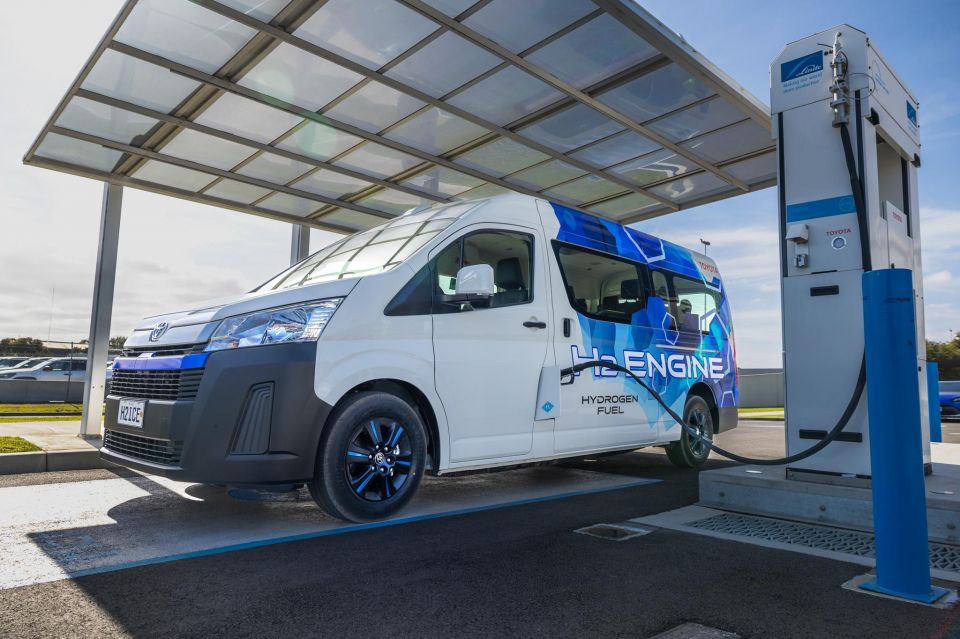
“I wish I was around for that long to see it, because it’s going to be an exciting time, not only for Toyota, but the industry.
“Toyota is definitely very much still investing in hydrogen.”
In addition to motorsport-oriented hydrogen combustion vehicles like its H2-powered GR Yaris racer, Toyota chose Australia to be the central point for development of the Hydrogen HiAce prototype that it revealed last year.
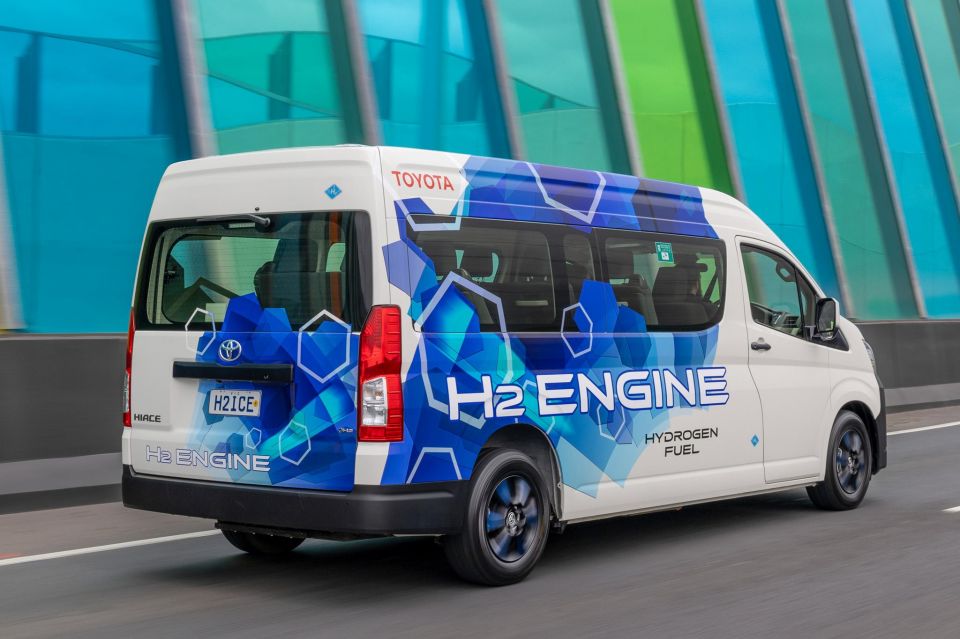
A pilot program saw seven examples of the Hydrogen HiAce prototype loaned out for a month at a time to fleet operators for transportation. They were required to report back daily on their experience.
Unlike the regular HiAce sold in Australia, which is currently powered exclusively by a 2.8-litre four-cylinder turbo-diesel, this hydrogen prototype is powered by a 3.4-litre twin-turbo V6 modified to run on hydrogen instead of petrol.
This engine currently burns petrol in the Lexus LX 600, as well as the Toyota LandCruiser 300 Series in other markets.
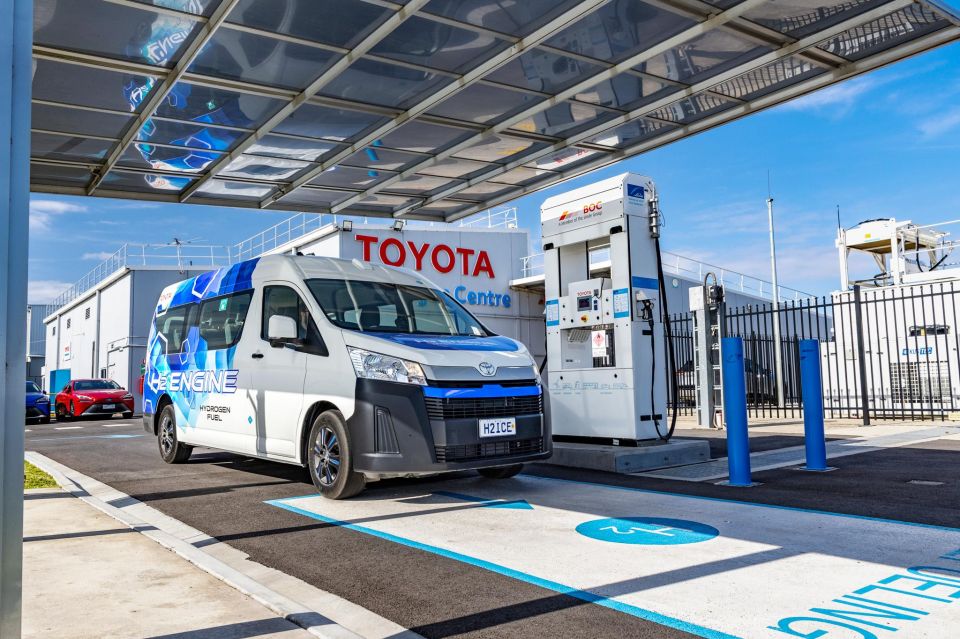
Toyota says one of the few modifications made to the engine are the fuel-injectors, which are upgraded to run on compressed hydrogen gas.
The hydrogen-fuelled V6 in the HiAce prototype produces 120kW of power and 354Nm of torque, which is 185kW and 296Nm less than its petrol-powered counterpart.
While Toyota continues to develop hydrogen combustion engines, brands like BMW and Mazda have previously also investigated the technology, which like FCEVs are dependent on a widespread hydrogen refuelling network.
Take advantage of Australia's BIGGEST new car website to find a great deal on a Toyota.
Jack Quick is an automotive journalist based in Melbourne. Jack studied journalism and photography at Deakin University in Burwood, and previously represented the university in dance nationally. In his spare time, he loves to pump Charli XCX and play a bit of Grand Theft Auto. He’s also the proud owner of a blue, manual 2020 Suzuki Jimny.


James Wong
7.9
5 Days Ago
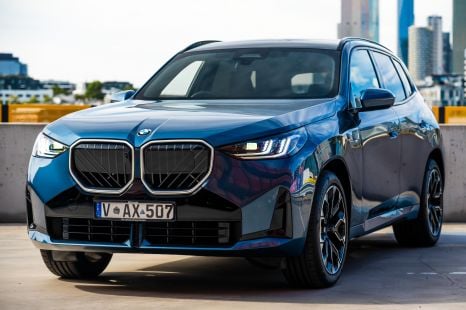

Jack Quick
8.4
4 Days Ago
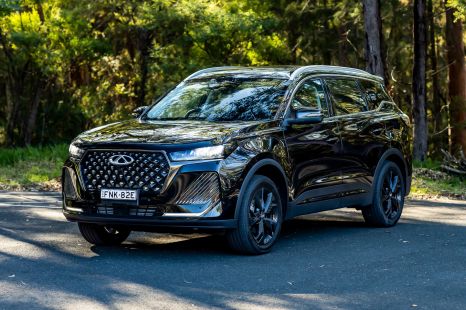

Matt Campbell
8.1
3 Days Ago
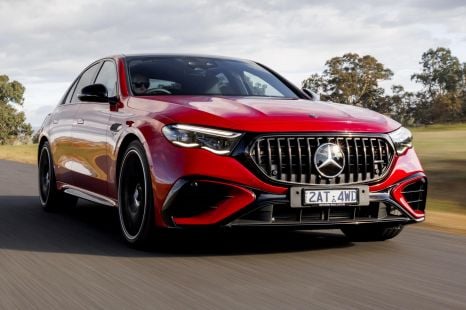

Max Davies
8
2 Days Ago
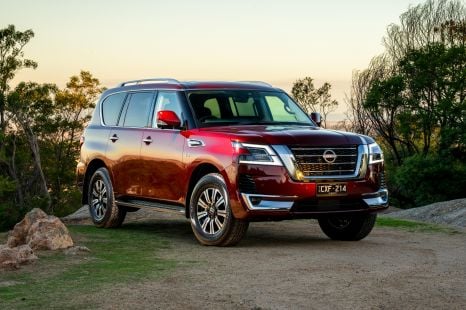

James Wong
8.1
16 Hours Ago
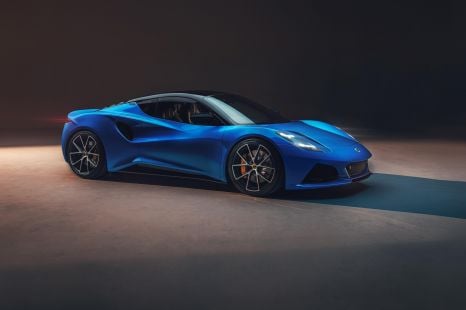

Marton Pettendy
14 Hours Ago